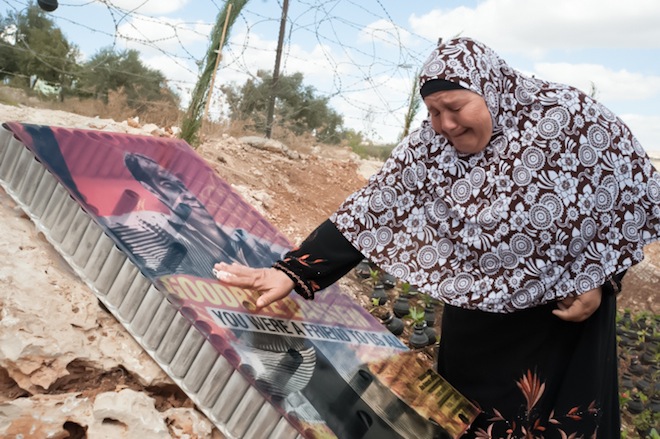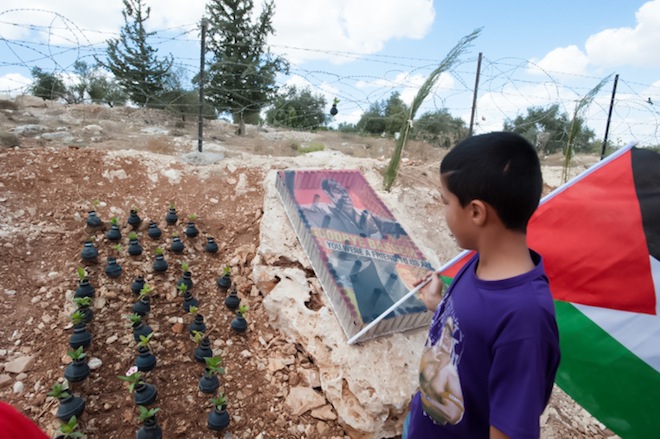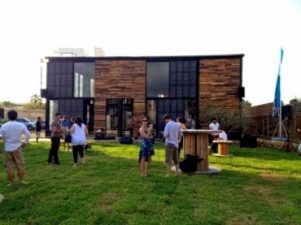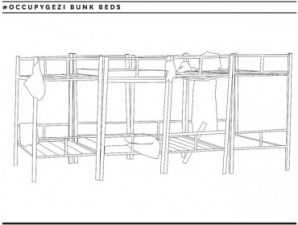 When Israeli soldiers killed her son Bassem in 2009, Sabiha Abu Rahman faced the impossible task of being alive without him. She has since turned her grief into balm with a beautiful garden full of repurposed tear gas grenades.
When Israeli soldiers killed her son Bassem in 2009, Sabiha Abu Rahman faced the impossible task of being alive without him. She has since turned her grief into balm with a beautiful garden full of repurposed tear gas grenades.
Israelis and Palestinians clash every week along the separation barrier in Bil’in, a Palestinian village located roughly seven miles outside of Ramallah.
Sometimes these events end in tragedy, as it did in 2009 when an Israeli tear gas grenade struck 30 year old Bassem in the chest. He later died from his injuries. Another time, an American was struck in the head and spent years (and thousands of dollars) recovering from the wound.
What’s left of these conflicts – the spent tear gas grenades and other emptied weapons – litter the surrounding landscape, according to photographer Ryan Rodrick Beiler. Instead of leaving them to languish, unseen, polluting the land, activists have collected them, and Bassem’s grief-stricken mother has put them to creative use.
Quite like the Libyan artist who turns weapons into sculptures and Pedro Reyes’ mechanical orchestra made with repurposed weapons, Sabiha planted flowers in the empty shells, creating a garden of resistance that somehow diffuses the mind-numbing, never-ending dispute between the two people.
Some of the grenades are planted in rows in a makeshift bed, while others hang from small pieces of wire – like decorations on a thorny Christmas tree. At the core of her garden, Bassem’s mother touches a photograph of her son, which she mounted on a frame of tear gas shell casings.
While we have always steered clear of the never-ending political jockeying that takes place in the Middle East region, wisely leaving all posturing to the pundits, we felt that it would be disrespectful to both the Abu Rahman family and Beiler to decontextualize the grenade garden’s genesis.
It is also fair to say that violence from both sides will end in more tragedy if it doesn’t stop.
Nonetheless, we are consistently gladdened to see the rise of recycling initiatives throughout the region, since it demonstrates that people are beginning to see common every day items – be they destructive weapons or benign containers – with fresh eyes.
This particular adaptive reuse project brings much needed color to a grey and cataclysmic situation; we hope it promotes healing on both sides of the separation barrier.
:: Alternative Information Center





